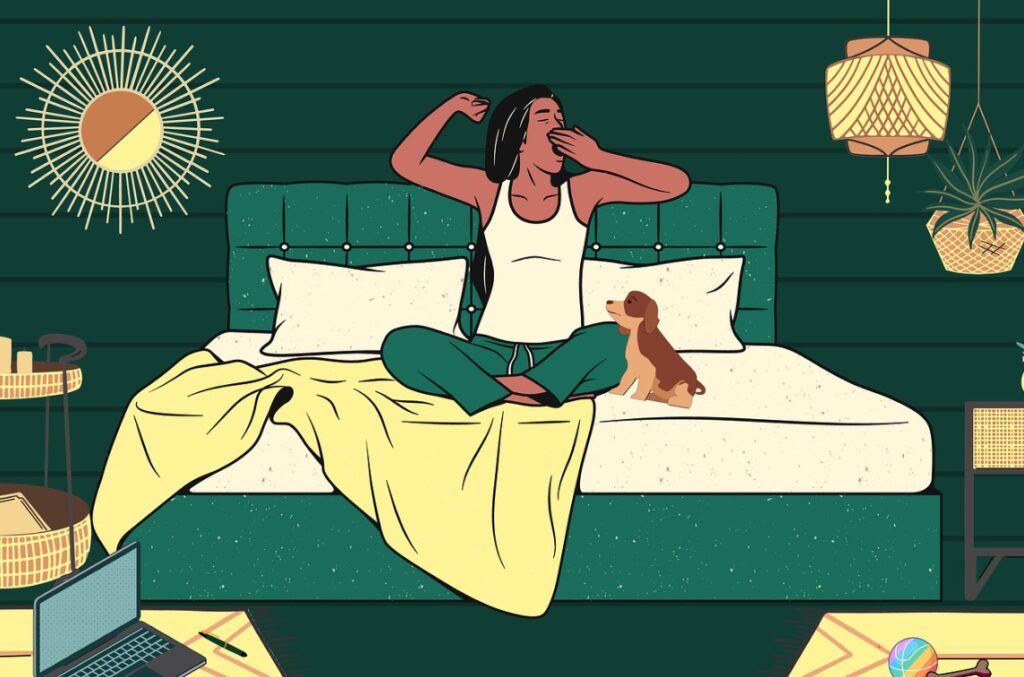Unpack the complexities of sleep duration and quality with our guide on whether six hours of sleep is adequate. Explore the importance of sleep for health, the role of individual needs, and tips for enhancing your nightly rest. Trust Dozywave to help you achieve the restorative sleep you deserve.
Imagine waking up from a long night’s sleep, only to find that it’s still dark outside. You check your clock and realise that you’ve only managed to catch six hours of sleep. As you struggle to shake off the grogginess, a question looms large: Is six hours of sleep truly enough? The debate around sleep quality and quantity is timeless, and many still grapple with the implications of their nightly rest.

Sleep is a fundamental component of our overall health. It serves as the body’s natural restorative process, impacting everything from cognitive function to emotional well-being. The National Sleep Foundation recommends that adults aim for around 7 to 9 hours of sleep per night. While some individuals may feel refreshed after just six hours, this duration might not suffice for everyone, particularly in the long term.
The intricacies of sleep vary from person to person. Some individuals are naturally “short sleepers,” requiring less rest to feel revitalised. However, consistently falling short of the recommended hours can lead to a myriad of issues. Chronic sleep deprivation may contribute to a decline in cognitive functions, impairing memory, decision-making, and even creativity. Additionally, a lack of proper rest can predispose individuals to mood disorders like anxiety and depression.
The quality of your sleep is just as crucial as the duration. If those six hours are filled with restless tossing and turning, it won’t provide the same restorative benefits as a solid eight hours of deep and uninterrupted sleep. Factors like stress, poor sleep environment, and inconsistent bedtime routines can significantly affect the quality of rest you experience.
For those managing busy lifestyles, getting enough sleep may seem like a daunting challenge. However, prioritising a good sleep routine could be your solution. Establishing regular sleep and wake times, creating a restful environment, and reducing screen time before bed can dramatically improve both the duration and quality of your sleep.
It’s also important to listen to your body. If you find that you consistently wake up feeling fatigued or struggle to stay alert throughout the day, six hours might not be enough for you. The key here is to pay attention to how you feel after various amounts of sleep and adjust accordingly.
Lastly, if sleep issues persist, it may be beneficial to consult a healthcare professional. They can provide personalised advice and help rule out underlying sleep disorders that may hinder your ability to achieve restorative sleep.
In a world that often glorifies busyness and late nights, it’s crucial to remember that sleep is not a luxury, but a necessity. Ensuring ample rest is foundational for mind and body health.
At Dozywave, we understand the vital role that quality sleep plays in leading a happy and healthy life. Our range of comfort-driven sleep products is designed to help you achieve the satisfying rest you deserve, so you can wake up rejuvenated each day, ready to embrace the world.


